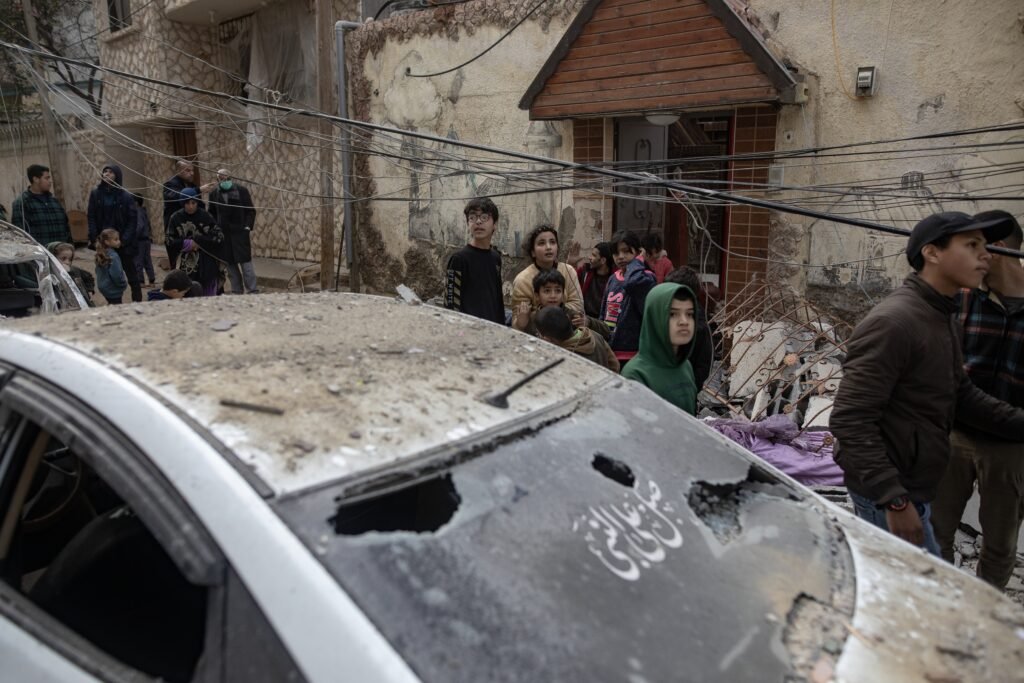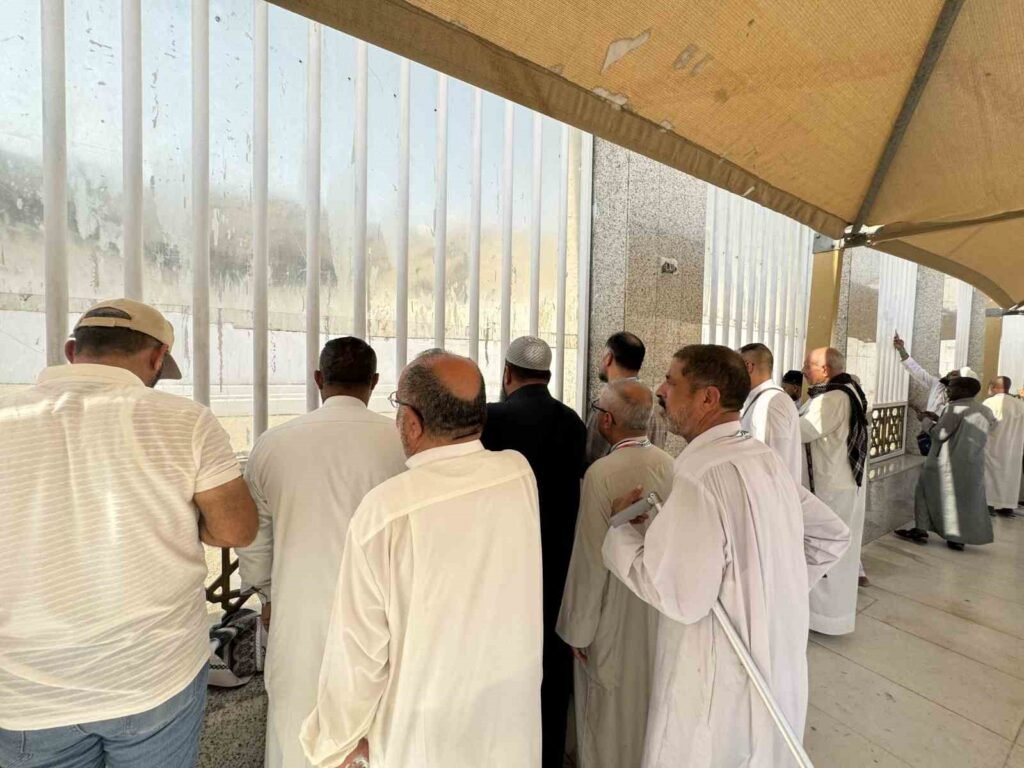Protests by the opposition, which does not recognize the election results in Georgia, continue
Protests by pro-Western opposition parties who do not accept the results of the parliamentary elections held in Georgia on October 26 continue. The opposition claims that the parliamentary elections held in Georgia on October 26 were rigged.

Protests by Western-aligned opposition parties that do not accept the results of the parliamentary elections held in Georgia on October 26 are ongoing.
Protests initiated by Western-aligned opposition parties, alleging that the parliamentary elections conducted in Georgia on October 26 were fraudulent, continue. In the capital Tbilisi, demonstrators gathered in front of the parliament building in the evening, stating that they do not recognize the elections won by the Georgian Dream Party and demanding new elections. Nika Melia, the leader of the Coalition for Change bloc, emphasized in his speech that they would not back down and stated that they needed to demonstrate every day. Melia said, “We will be in Tbilisi every day. Sometimes we will be very crowded, sometimes more than this. But there will come a day soon when no one will be able to enter here. We will be on the street every day. We must be so crowded that no one can enter the parliament. It is not enough to gather only on Rustaveli; we must come together on all the streets. Tomorrow at 2:00 PM, we will meet at the Sports Palace, and we must do this every day. We will not back down until we achieve a victory worthy of the proud Georgian people. We must demonstrate every day.”
Opposition’s 6-point declaration
The Western-aligned Coalition for Change, United National Movement, and Strong Georgia parties, which crossed the 5% electoral threshold to gain representation in parliament, published a 6-point declaration. The declaration stated, “We demand new elections. We do not recognize the elections and do not accept the legitimacy of the parliament. We have initiated a resistance movement and are establishing a resistance front first in Tbilisi and then throughout Georgia. Each new protest will be more intense and will focus on more concrete goals. We are continuing to gather evidence and prepare all documents in full for an international investigation to ensure that anyone who steals the will of the people is punished. We are doing everything together; this is a job that we must all do together. Finally, we will continue until we achieve the ultimate victory.”
Opposition and President do not recognize the elections
According to the results of the elections conducted for the first time with proportional representation and electronic voting on October 26 in Georgia, the ruling Georgian Dream Party won with 53.93% according to the Central Election Commission. Three opposition blocs and one more opposition party entered parliament by surpassing the 5% threshold. However, opposition parties announced that they do not recognize the election results, that there was fraud in the elections, and that they would not enter parliament. President Salome Zurabishvili also stated that she does not recognize the election results.
The election took place under the shadow of strained relations between Tbilisi and the West
While the integration process with NATO and the European Union (EU) continues to be a priority for Georgia, relations between the Tbilisi administration and some Western countries have recently become strained. Due to the “Transparency of Foreign Influence” law, which led to prolonged protests in April and May and was described by opponents as the “Russian law,” Georgia’s EU accession process has been suspended. The EU has halted aid to the Georgian military amounting to 30 million euros planned for 2024. The United States has suspended a $95 million aid package to Georgia and a joint military exercise planned for this year, and has imposed visa bans on some Georgian officials. The opposition described the election as a “choice between Europe and Russia,” while the government characterized it as a “matter of peace or war.”
The “Transparency of Foreign Influence” law requires civil society and media organizations in Georgia, which receive more than 20% of their annual funding from abroad, to register as “foreign agents” every January, or face fines.



